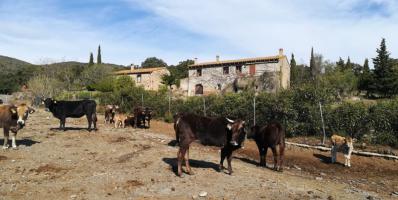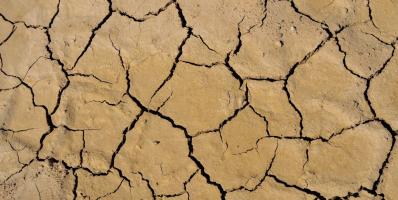CREAF wants young people to catch the science bug with a new programme of summer grants
This summer and within the Severo Ochoa program, we will offer to 4 undergraduate students the possibility of a two-month stay as an ecology researcher through the 1st CREAF Summer Fellowship Programme. It's aim is to become the first step of undergraduate student’s research career.






